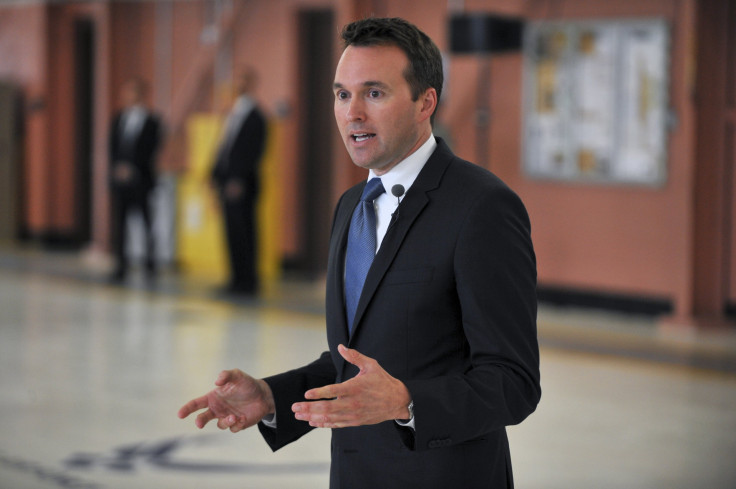Russia, ISIS Mean US Military Is Too Small, Warns Army Secretary

On the campaign trail, Donald Trump likes to lament that the U.S. military is smaller now than anytime since World War II. At least one army official agrees that it is a problem.
Army Secretary Eric Fanning said that the U.S. military is "stretched very thin" at the Association of the United States Army's (AUSA) 2016 annual meeting Monday, according to Defense News. Fanning, who was appointed by President Barack Obama in May and became the highest ranking openly gay man in the Department of Defense, said that the army's goal of reducing the number of active soldiers in the military to 980,000 was set before a number of more recent national security threats emerged.
"We did not see Russia being as aggressive as it is. We did not have ISIL to contend with like we do now," Fanning said. "There are a lot of requirements on an Army that is being asked to do a lot of things globally. Just in the last four years or so, we have increased our uniformed [and] civilian presence in the Pacific theater by 50 percent while we are drawing down."
Fanning added that while the U.S. Army could expand to address those threats, it would be unwise to do so without corresponding funding from Congress.
"The worst thing for the Army would be that we are required to keep a larger force structure but the budget does not change," he said. "We have already taken a lot of risk in our modernization accounts and in our operations and maintenance accounts. The force structure that we are headed towards, while there are a lot of requirements levied against it, it is, we think, a balanced force structure for the budget that we have."
Fanning's comments echo the message Army Chief of Staff Gen. Mark Milley relayed to Congress in April, when he argued to members of the Senate Armed Services Committee that the Army will be operating at "high military risk" if it continues to contract to the 980,000-soldier target set five years ago. That number would be made up of 450,000 soldiers in the Army's active ranks, 335,000 in the National Guard and 195,000 in the Army Reserve.
"If we operate under our current national security strategy, the current defense planning guidance, in order to reduce significant risk or moderate risk, it would take, roughly speaking, about a 1.2 million-person Army," Milley said.
Trump has called for an increase of 540,000 active Army soldiers as part of a massive increase in defense spending. Meanwhile, Democratic presidential nominee Clinton has promised to cut runaway military costs in areas like health care and acquisition. In March, the nonpartisan organization Voice Of the People conducted a survey of 7,126 registered voters across the country that found more than half favored cutting defense spending by at least $12 billion.
© Copyright IBTimes 2024. All rights reserved.






















